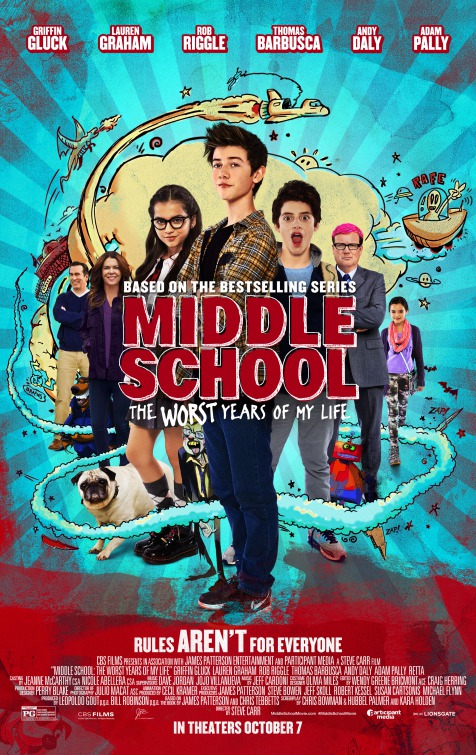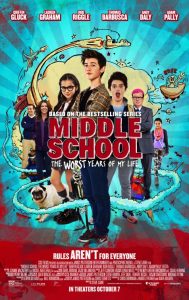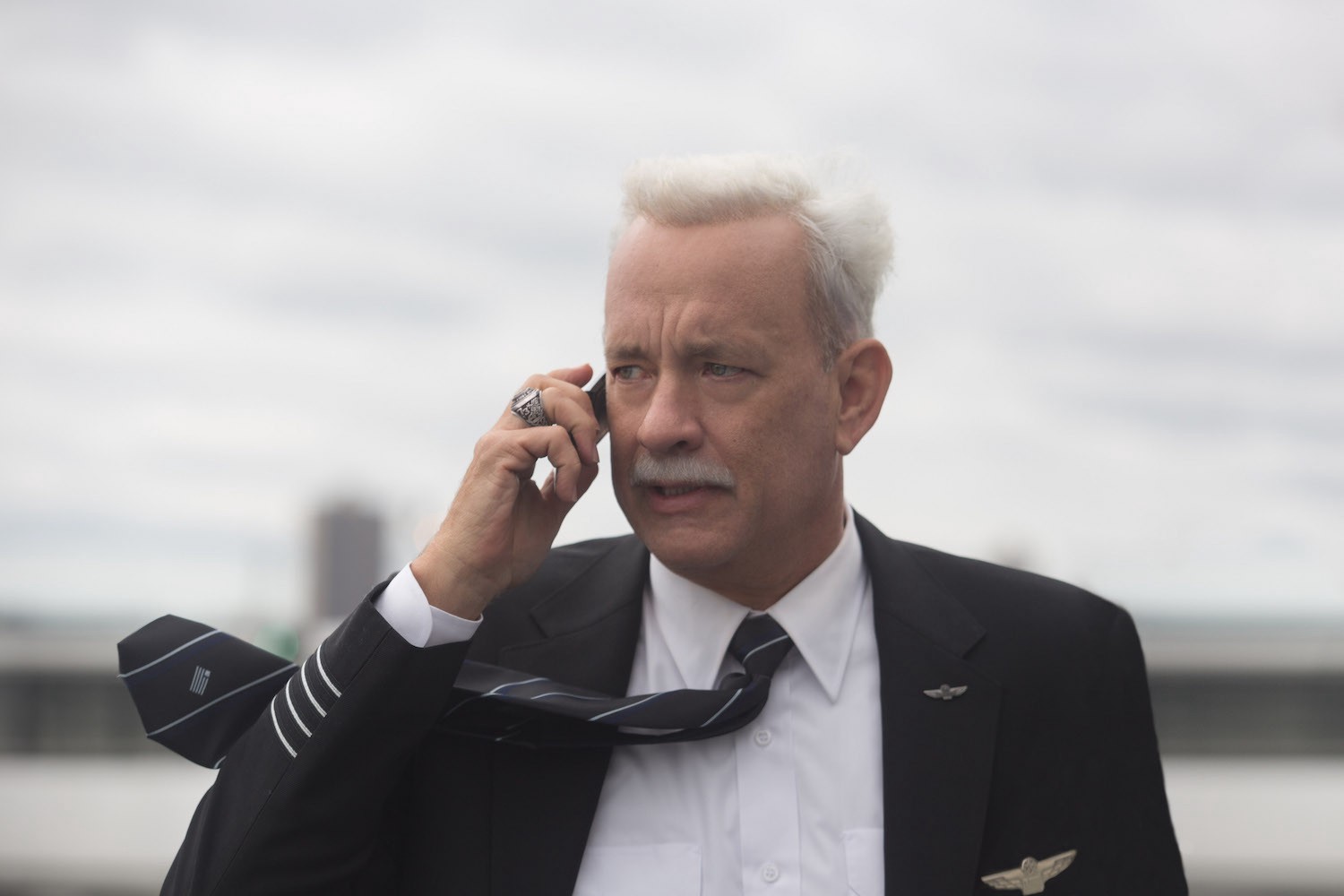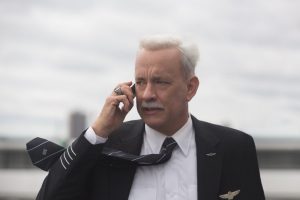Interview: “Pete’s Dragon” Screenwriter David Lowery
Posted on November 15, 2016 at 8:00 am
“Pete’s Dragon” screenwriter David Lowery answered my questions about updating and transforming the Disney classic for a live-action 21st century remake, and how being the oldest of nine children helped him learn how to tell stories. The movie is available on DVD/Blu-ray November 29, 2016.
How did you decide what elements of the original were important to you to keep and what new elements you wanted to add?
The only elements I wanted to keep from the original was a dragon named Elliott who could turn invisible and a boy named Pete who was an orphan. And I took those elements and thought that if I just maintained those and kept the title I would have the flexibility to tell a completely new story that would stand alongside the original on its own two feet. And that was it, I took those elements, I didn’t go back and watch the original. I just really wanted to focus on telling a new story and creating something the audience could appreciate and love just as much as they loved the original.
How did growing up with so many younger sisters and brothers help you become a writer? Did you read to them, tell them stories?

Oh man, that is a great question. I have eight younger brothers and sisters and it really taught me how to tap into a childlike sensibility. I definitely read to them. We wrote stories together, we wrote comic books together, we made movies together. Whenever I made a movie, my siblings were the actors. So we were creative together all the time. My parents encouraged us to always be expressing ourselves creatively through the arts, whether that be through movies or music and books, or drawings or paintings. And it really, I think, has had a big effect on who I am today as a filmmaker, not only in terms of my sense of collaboration but also in the way I approach storytelling. I always approach every movie I make whether it’s for adults or families with a very childlike sensibility and I think that’s because I spent so much of my life growing up around so many other kids and it really has an effect on how I see the world, how I want to see the world and how I feel I can best tell a story.
When you began working on the film what did you learn about the capacity for special effects or technology that inspired some of the storyline?
One of the things that was fun about this movie was getting to do visual effects on a scale that I never had done before. I knew a little bit about how CGI worked and how visual effects worked and I knew that Elliot would be entirely created on the computer but there was a lot that I had to learn, especially once we got done shooting and were in post production and I saw all the work that went into making him do anything. If they wanted him to blink his eyes it required a lot of steps to get him to blink his eyes right. It is an incredible team at Weta who brought him to life. There are modelers and sculptors, there are animators, there are people who are in charge of putting the 20 million hairs of fur on the body and making sure that that fur moves right if the wind is blowing. It’s just really incredible and so I learned a lot. There is no shortage of boring technical details that I could fill in here but it’s really amazing what is possible with modern digital technology. At the same time it’s important to learn the limits of it. You don’t push it too far because at the end of the day you want the movie to feel real. You want to feel like it is really happening. You want actors to feel like they belong in this world and so you have to find the right balance with it as well.
Your work often focuses on children who are on their own. Why is that a good basis for a story?
If a child is on their own they have somewhere they need to get, there is somewhere they need to be and that automatically gives your story a narrative arc because all of a sudden you have a journey that must be embarked upon. Whether it is a little kid that has run away from home or a little kid like my first film “St. Nick” or a little kid who is lost in the woods like “Pete’s Dragon” or even a grown-up who thinks he’s still a little kid like in my last film “Ain’t Them Bodies Saints,” where the Casey Affleck character in that movie a full grown man who is on the inside just a 7 year old playing with a gun and trying to find where he belongs in the world — I have gradually realized it is one of the key tenets of all my movies. It wasn’t intentional but I think part of it comes from having such a strong home life, of having such a strong family that I’m coming from that the thought of not having that has been the basis for so many of the stories I have sought to tell on the big screen. You tell stories of what you know but also you imagine yourself in different circumstances and how you would react to that. And I try to imagine myself in a world where I didn’t have the things I had growing up or I wasn’t surrounded by such a strong family that cared for me. That is great food for thought but also a great basis for exploring various stories.
Okay this is a two-part question, do you remember the first Disney movie you saw?
The very first Disney movie I saw was also the very first movie I ever saw, period. and that was “Pinocchio.” It was re-released in theaters in the 80s and my parents let me go see it and I just was spellbound. I had a huge crush on the Blue Fairy. There was a big cardboard stand of the Blue Fairy in the lobby of the theater and I wanted to take it home. I was just madly in love with her at the age of three or four, however old I was. I guess my favorite Disney animated character would probably be Ariel from “The Little Mermaid” because I was just obsessed with that movie. I really love that I really connected to her character and I still love it. I remember when we were shooting “Pete’s Dragon” when we moved locations as I got to another hotel and turned on the TV and “The Little Mermaid” was playing and I just sat down and watched the whole thing and that was one of the happiest moment in the entire shoot.
One thing that I loved about the film is that the bad guy is not entirely bad. What do you think makes a good movie villain?
David: You know a really good movie villain is someone who you love to hate, who is very enjoyable to watch even though you don’t like him but also one who you understand. You might not agree with him but you understand where he is coming from. With the character Gavin, I think the character is kind of a big dummy, he’s not the brightest, he is not the sharpest tool in the set but he doesn’t want to be a bad person, he thinks he is doing the right thing, he thinks he is protecting the town or protecting the kids and I think that’s important. I think it’s really important especially in this day and age to have empathy for people you don’t understand and you don’t agree with. And to understand they are not necessarily evil even if you strongly disagree with what they’re doing. So Gavin does some horrible things in this movie, he does some really bad things, but I wanted to make sure he was someone who can learn, who can grow because I believe that all people can and who ultimately isn’t that bad of a person because I do believe everybody has goodness in them and I wanted that to be present in this character.
There are some great movie villains who are just purely evil, I certainly enjoyed a lot of them over the course of movie history and sometimes it’s really fun to see someone you just purely hate and you’re happy to see die at the end of the film but I personally wanted to make a movie where the bad guy was someone who wasn’t purely bad but who got better, who grew as a human being. I really think that it’s important, especially for children, to see that there is more than one side to every story. There are perspectives that you are going to have to learn to adjust to as you grow older and as you meet people of different beliefs and different values and to understand that people make mistakes and come back from them and be better for it. I think that all those things are important for kids to understand and I wanted to just touch on that a little bit with the character of Gavin.
The forest in the story feels magical all on its own. How do you see the role of the natural world in the film and why is that important?
I think nature is spectacular, I really think it’s full of mystery and wonder and so many amazing things that we don’t even, we can’t even see. The ecosystem in the natural world that is beyond our comprehension is proof that magic does exist in the world. I don’t think that magic exists in terms of spells or witchcraft or anything like that but I do think that magic exists in the natural world and the forest. And I wanted the forest in the film to convey that sense of wonder and awe and mystery and magic because I do believe that that’s what you find in the real world.

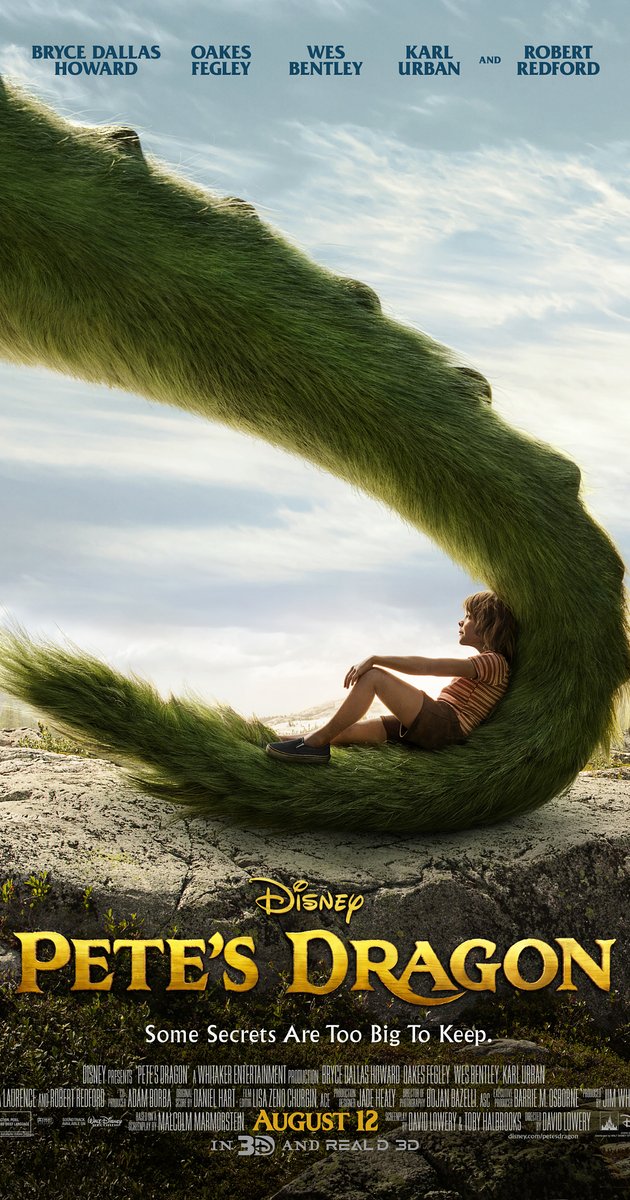
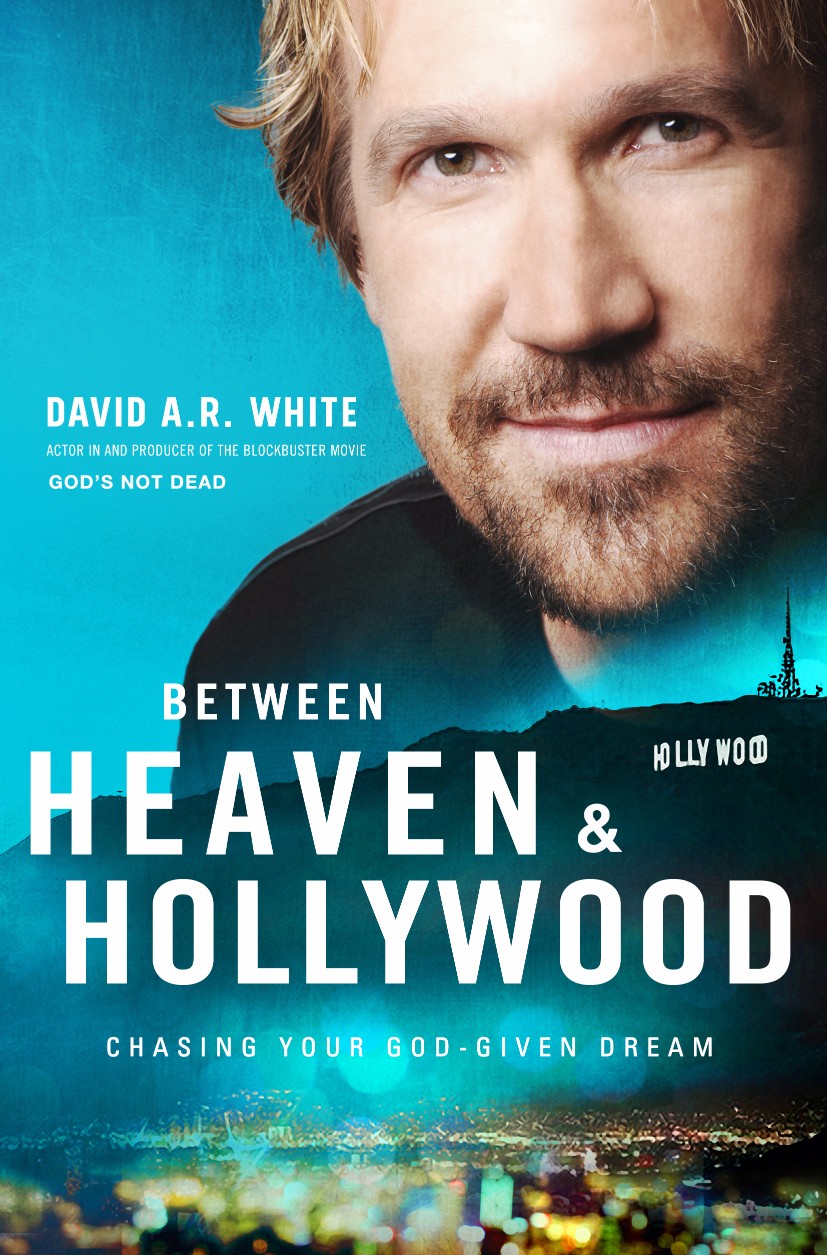

 If the dream is bigger than you can achieve on your own, then there is a good chance that it’s from the Lord.
If the dream is bigger than you can achieve on your own, then there is a good chance that it’s from the Lord.
